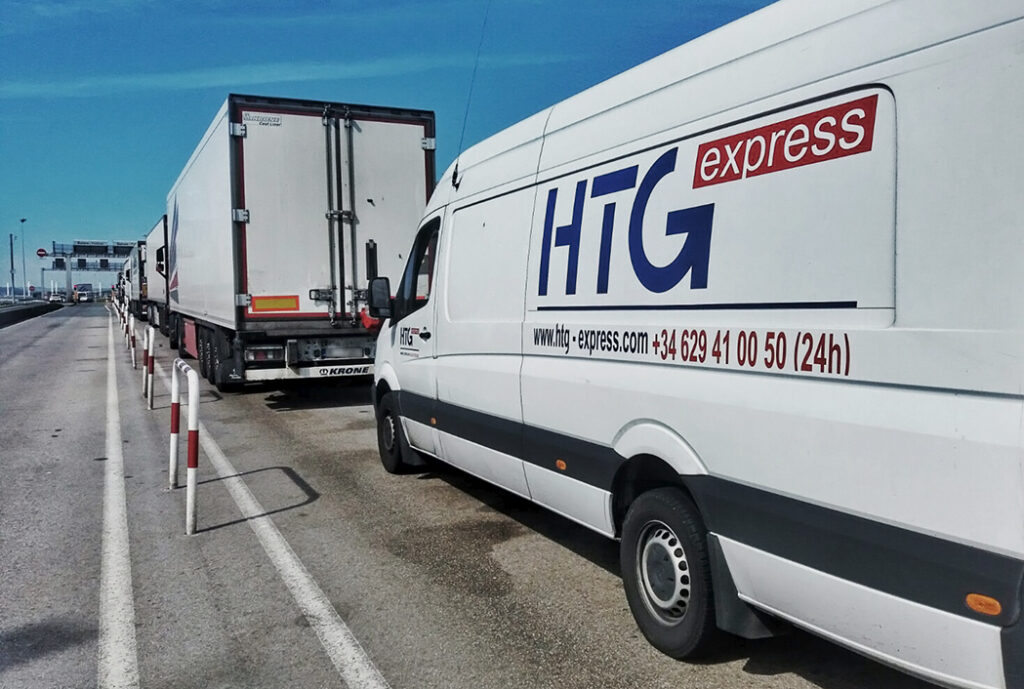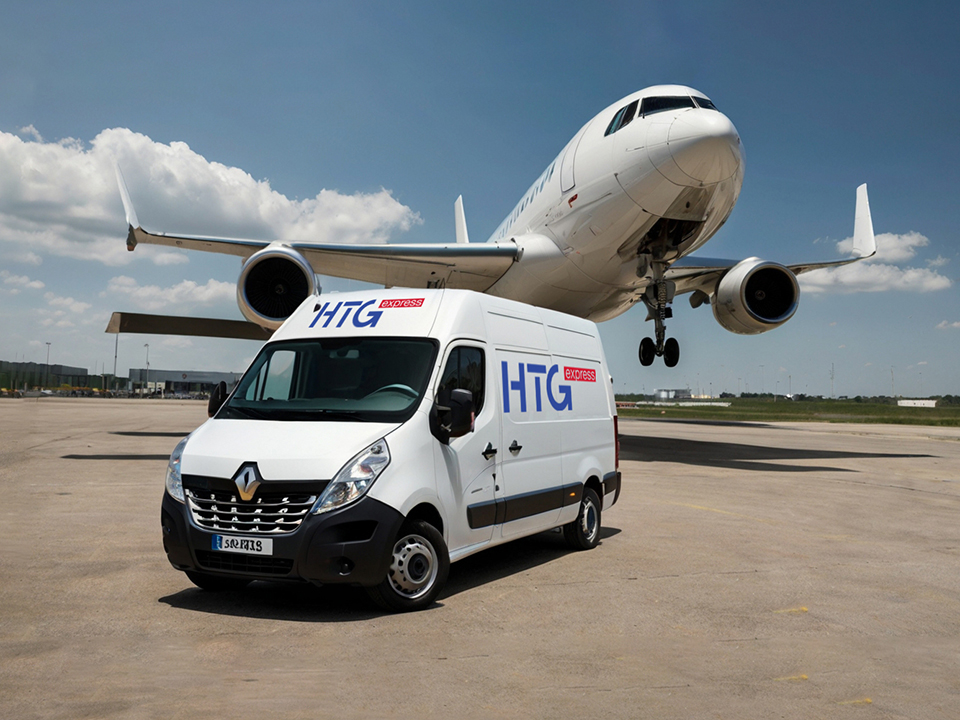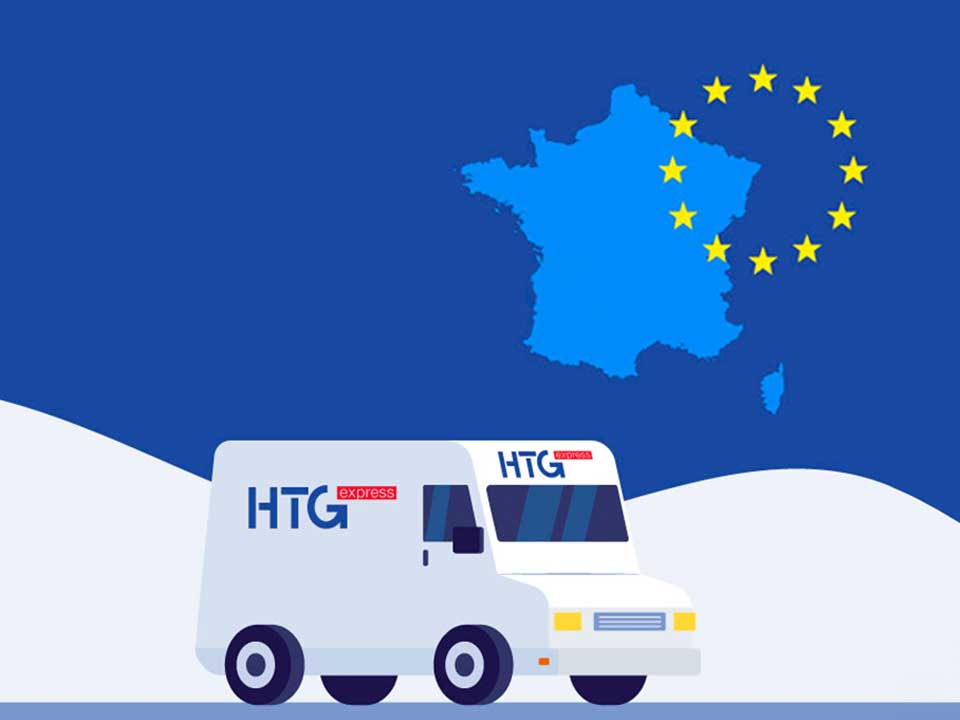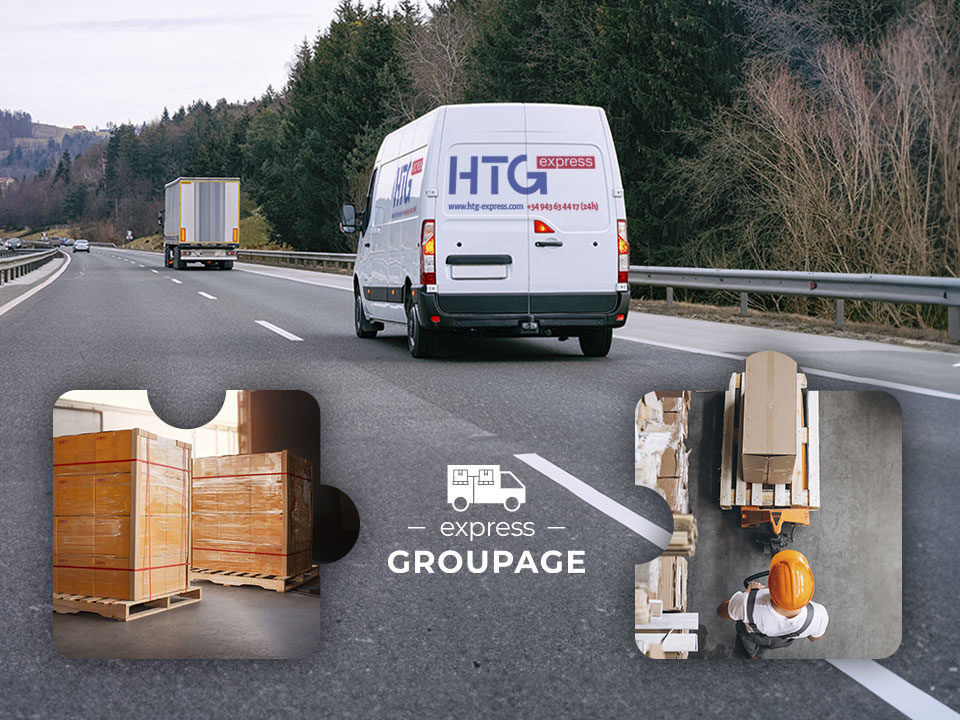Key points of the Mobility Package for road freight transports

Let’s move forward together in 2022
20/12/2021
Why do transport costs keep rising?
15/03/2022
Road transport in Europe is going through a period of major changes with the EU’s new Mobility Package. The new regulation draws a very different map for road freight transport in which the measures contemplated in the regulation modify the activity of both companies and hauliers. Implementation is being gradual, although many of the new features have been in force since February 2022.
The EU’s Mobility Package entails important changes for international road transport. The aim is to harmonise the rules governing the sector in the different EU countries. This includes labour legislation on driving and rest times, as well as the movement of hauliers.
The implementation of this regulation, as agreed in 2020 when it was finally approved by the European Parliament, is being implemented gradually. Some measures have already come into force that year, although the most important block will come into force in 2022 within the established timetable, which will culminate in 2026.
Main changes of the Mobility Package
Since February 2022, many of the measures included in the EU Mobility Package that affect international road freight transport are being implemented. The following is a review of the main changes regulating the sector:
– Border crossing registration
All vehicles with a tachograph are obliged to register the crossing of borders into a new country. According to the new regulations, this must be indicated at the stop prior to crossing the border or at the first stop immediately afterwards. If access to the member state is by ferry, the registration must be made at the port of destination at the latest.

– Return to the country of origin
The legislation stipulates that vehicles engaged in international transport are obliged to return to the country of registration every eight weeks at the latest. Similarly, hauliers have to return to their country of residence every four weeks at the latest, following the rule that has been in force since 2020.
– New cabotage limitations
The new Mobility Package limits cabotage operations in the same country to a maximum of 3 cabotage operations over 7 days, with a margin of 4 days as a ‘cooling-off period’. The latter means that during that time you cannot carry out a transport activity in that country.
– Community licence for light vehicles
Another important new development, in this case from 21 May 2022, is the requirement for a Community road transport licence for light vehicles between 2.5 and 3.5 tonnes. The requirements are similar to those for HGV hauliers: professional competence, financial standing (reduced to 1,800 for the first vehicle and 900 for each additional vehicle) and good repute.
How it affects the transport sector
These regulatory changes included in the Mobility Package, and those yet to come, have a direct impact on international road transport activity. This legislation conditions, among other aspects, the movement of vehicles, forcing companies to reorganise their operations.
To all this, we have to add a very complex general context within the sector considering the high prices of diesel or the increase in other costs such as taxes and motorways. These factors aggravate a stressed market where the volume of professional vehicles is also limited.
The Mobility Package comes at a complex time that aggravates an already stressed market.
The Mobility Package therefore comes at a difficult time, especially in view of the recent difficulties caused by the Covid-19 pandemic. With these ingredients, it is difficult to avoid having an impact on the cost of industrial express transport.
The adaptation of HTG Express
Since the Mobility Package was approved, HTG Express has been preparing for the new reality. We have taken the time to reorganise internally and strengthen some areas, so that the new developments for the sector condition our services as little as possible.
In this regard, it is worth mentioning that we have strengthened our supplier development department. The incorporation of more specialised personnel allows us to optimise vehicle management, have greater control over their availability and minimise the economic impact.
The addition of more specialised staff enables us to optimise vehicle management.
At HTG Express, despite the changes, we continue to maintain our hallmarks: speed, flexibility and personalised service. The fleet of vehicles we have throughout Europe ensures that we have ample availability to guarantee efficient express transport.



